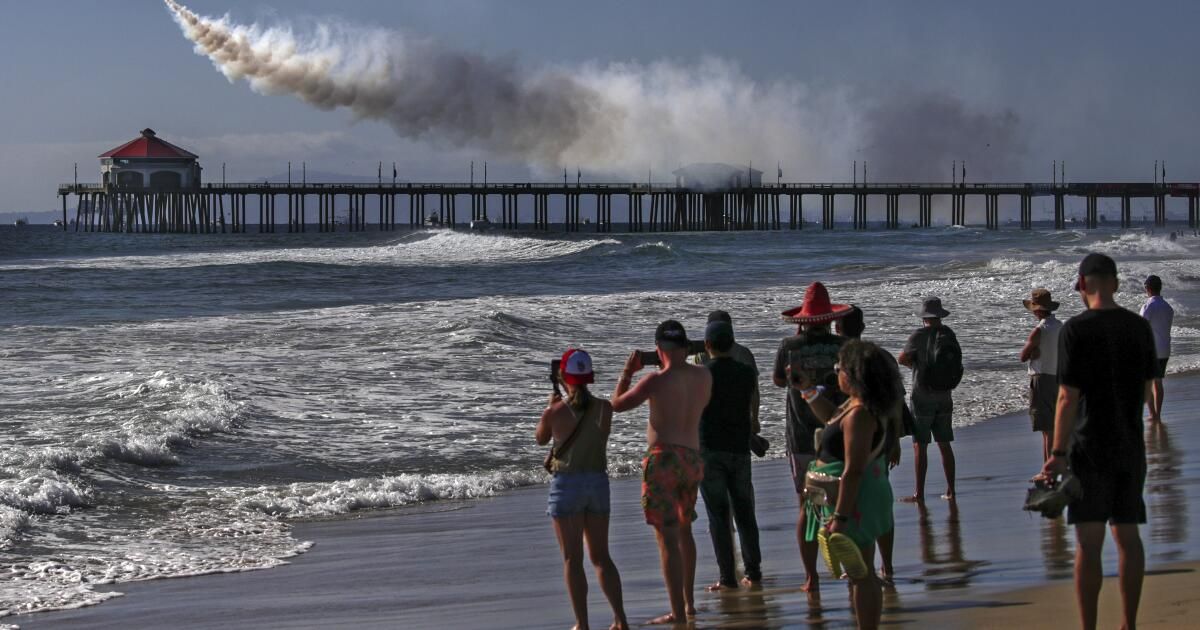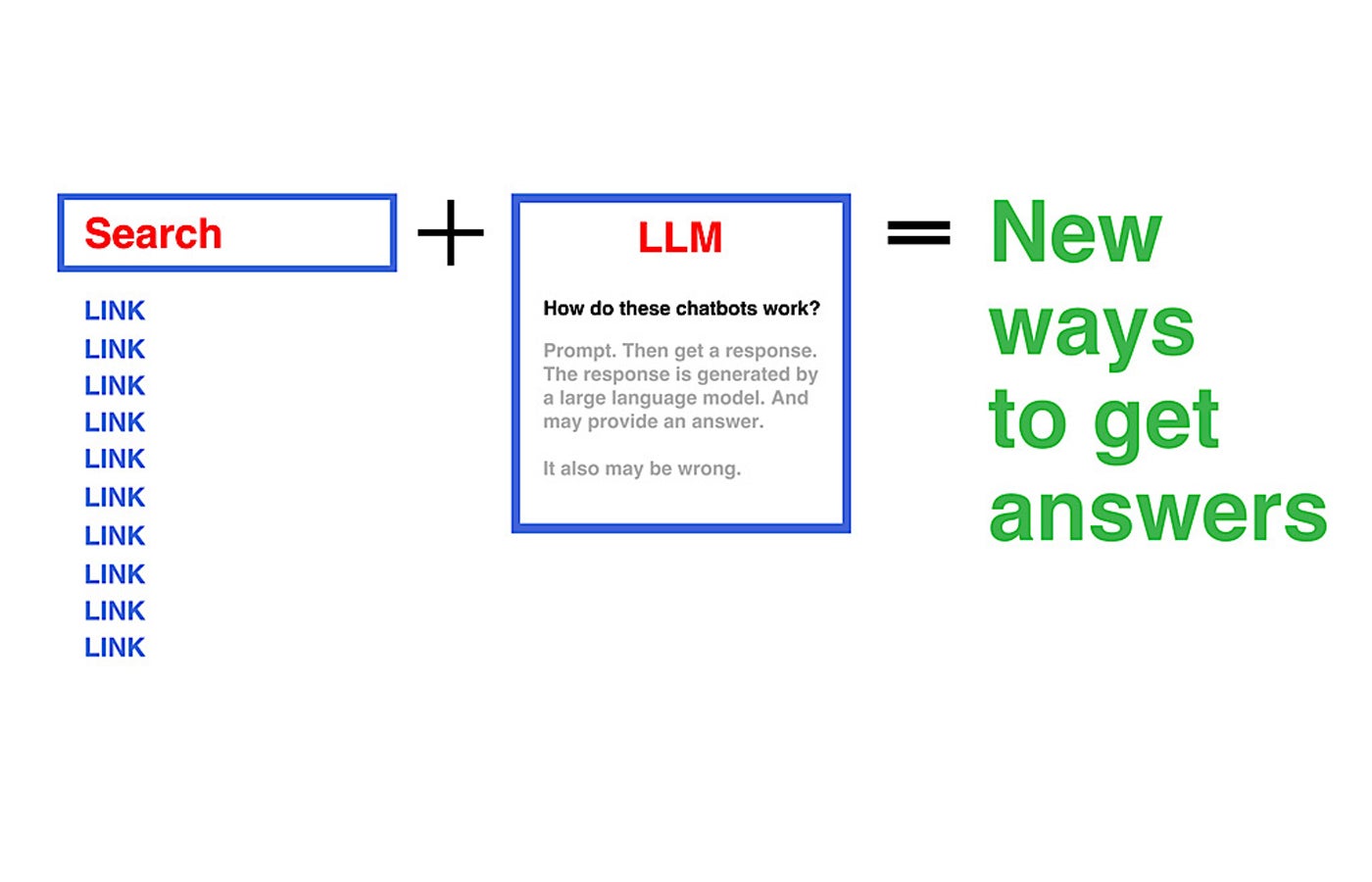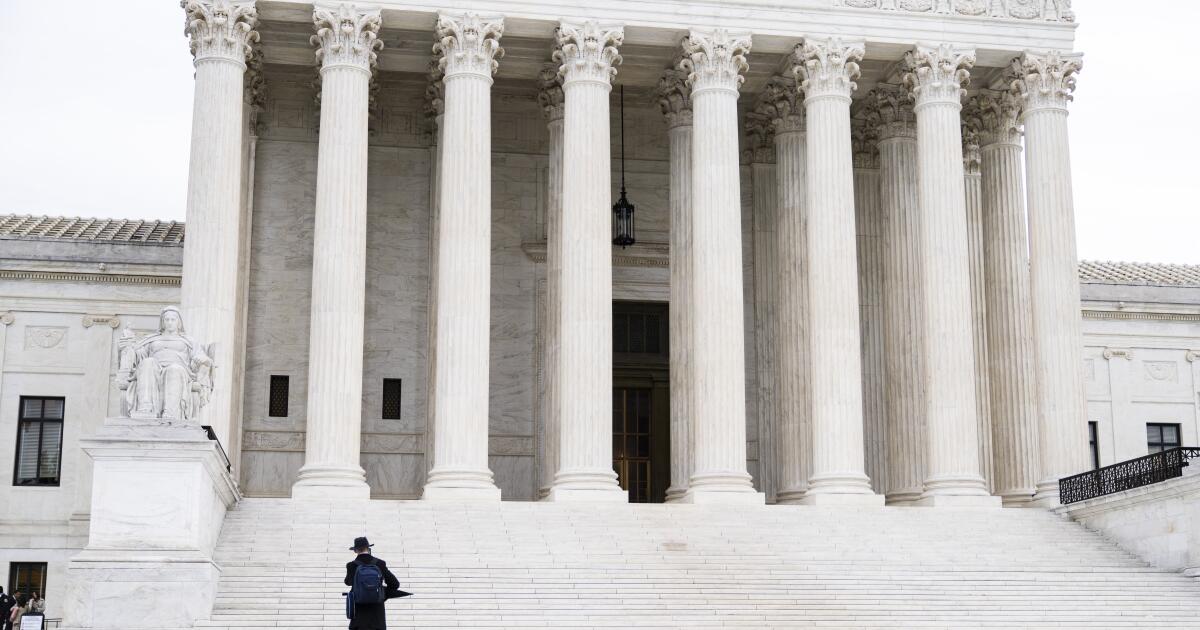There's no doubt that the annual Pacific Air Show, held in Huntington Beach, is very popular. For three days in early fall, military and civilian aircraft perform an aerobatic display over a roughly mile-long stretch of coastline for nearly 700,000 spectators.
Fans flock to the show and this year will pay event organizers $30 to sit on the sand or up to $80 to sit on the pier. Tickets to sit and eat and drink under a tented pavilion can cost a few hundred dollars, or thousands for a reserved table for 10 people. Beachside RV parking spots for four nights can cost $4,500. It’s a fun time for paying customers and a lucrative gig for the event management company, Code Four, which has owned and operated the air show since 2016.
The problem is that the roughly mile-long stretch of beach where the event is held is public land, which is not supposed to be completely sealed off from free public access. Yet that is happening, as the state Coastal Commission has repeatedly warned city officials and the air show operator. Last year, for example, show organizers erected a fence around the entire three-day event, ostensibly to keep out the nonpaying public. Nonpayers were also barred from accessing the pier and the water.
That’s unacceptable. California law requires public access to beaches, and it’s the Coastal Commission’s responsibility to ensure, through the permitting process, that events like the air show provide it. But commission officials say Code Four never bothered to apply for the coastal permits needed to install equipment and structures or put nearby public parking spaces out of use for nearly a month.
Of course, Code Four needs to obtain the necessary permits, and the city of Huntington Beach should insist that it does so. The city says the program offers some free access and that it is the Federal Aviation Administration that cuts off access to the water. If so, all of that should be explained in a permit application.
But a troubling agreement reached by the city last year — the full terms of which were kept secret until recently — shows the city is all too willing to give all sorts of benefits to the Pacific Airshow. The deal resolves Code Four’s lawsuit over a 2021 coastal oil spill that caused the city to cancel the final day of the air show, and gives the operator millions of dollars in taxpayer funds and the exclusive right to host the event for up to 40 years.
The city agreed to pay the show operators nearly $5 million, plus up to $2 million more depending on what the city can recover from pending litigation against the company that owns the leaking pipeline. In addition, the city is waiving several fees and offering the use of 3,500 city parking spaces to monetize during the show, 600 of which the organizers can use for nearly a month to set up equipment before the show and take it down. The terms of the agreement regarding the parking spaces and the length of time the show will run will not go into effect until there is a signed contract approved by the City Council.
The deal stinks and should be investigated by Attorney General Rob Bonta, as three current Huntington Beach City Council members have requested. Councilman Dan Kalmick called it an egregious “giveaway of public funds.” State Sen. Dave Min (D-Irvine) also called for a state audit.
What could have led a city to accept such a stunning settlement for making a decision to protect public safety? The city attorney says the city was legally vulnerable because the decision to cancel was made without first calling an emergency City Council meeting. Huntington Beach City Council member Tony Strickland, who was mayor at the time of the settlement, says the air show brings $120 million in revenue to Huntington Beach and that if a settlement had not been reached, Kevin Elliott, the CEO of Code Four, would have moved the show to another coastal city.
If he's right, it's even more important for state officials to scrutinize public grants like this one so that cities aren't pressured into shady deals.
We want events like the Pacific Airshow to continue to thrive, as long as they do not burden a city with excessive profits or violate California's historic guarantee of public access to its magnificent beaches.












